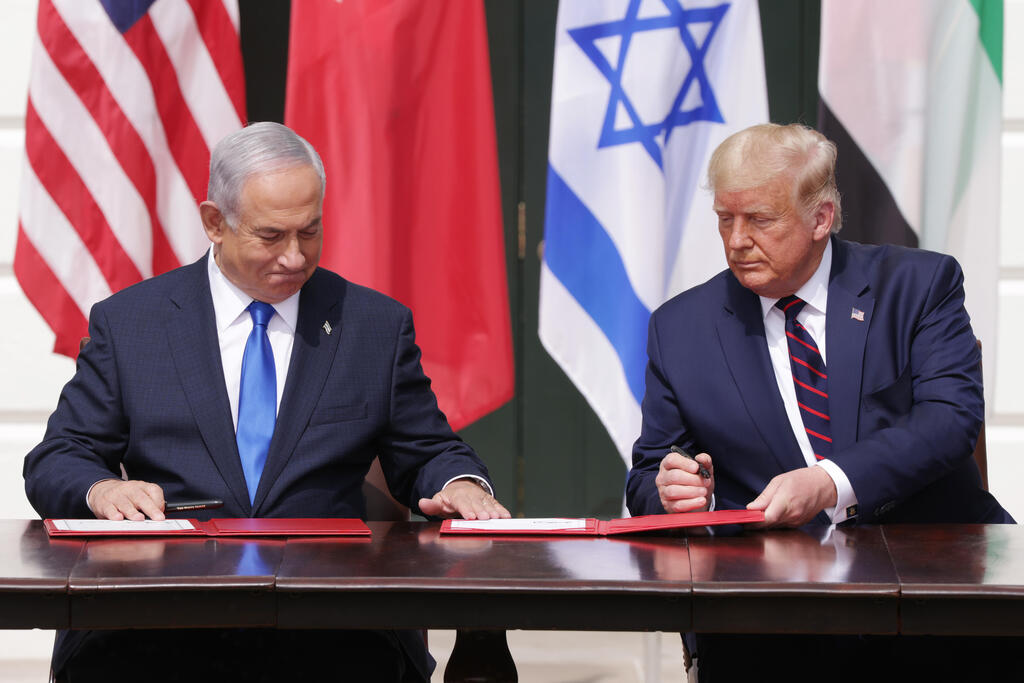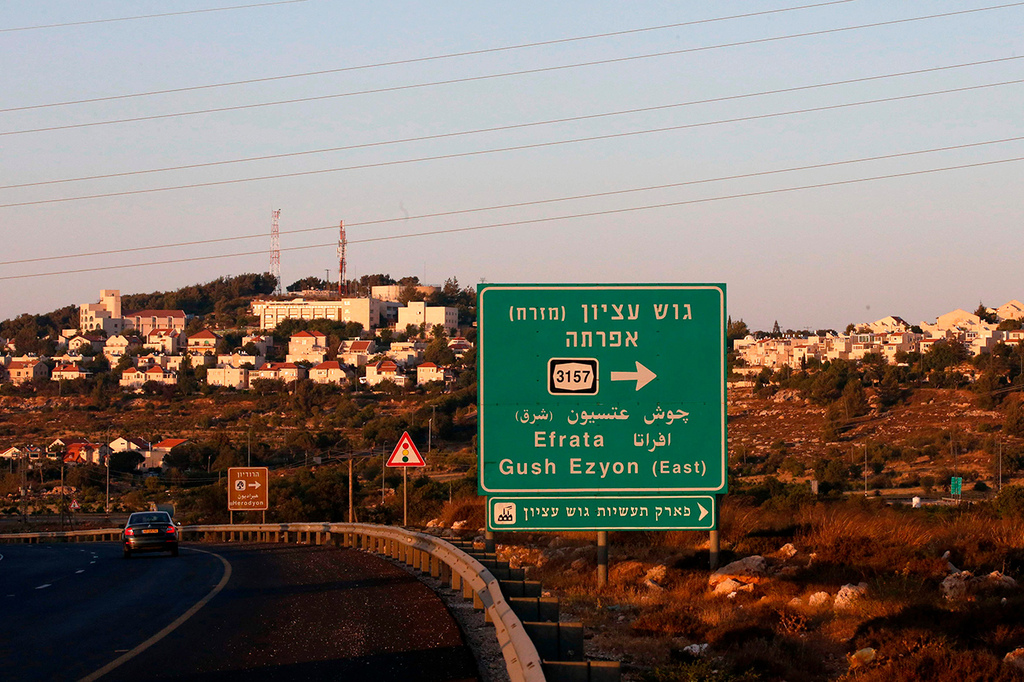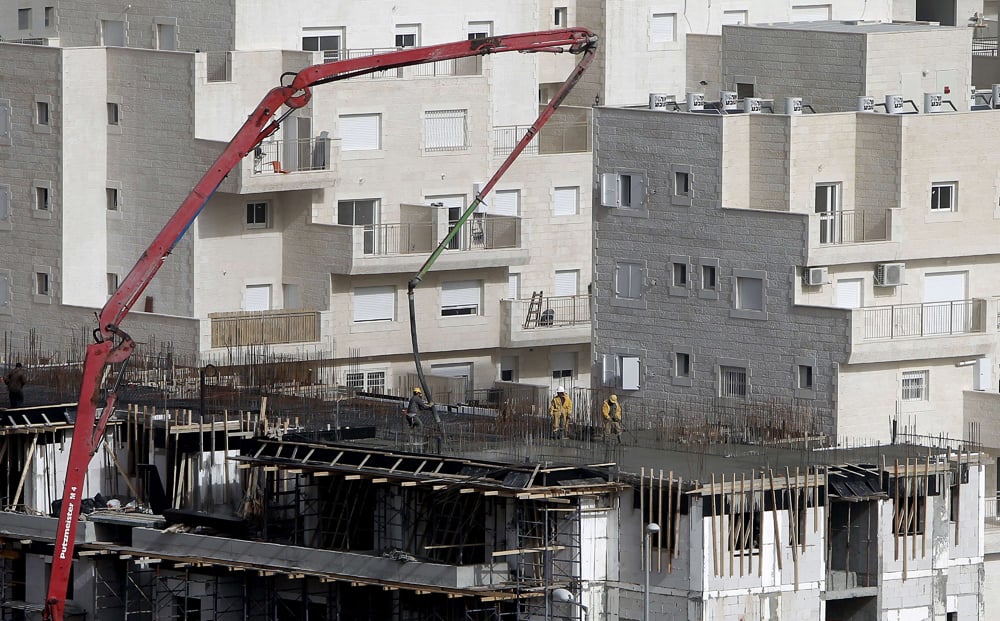Getting your Trinity Audio player ready...
Israel approved on Wednesday the construction of some 1,800 new settler homes in the West Bank which will be built in stages in the first such go-ahead since suspending its plans to extend its sovereignty over the territory as part of a peace agreement with the United Arab Emirates.
The Supreme Planning Council at the Civil Administration, which holds all planning authorities in the disputed territory, convened for the first time in eight months and greenlighted the new construction projects.
The construction could help mute criticism of Prime Minister Benjamin Netanyahu from settler leaders, who are traditional allies, after they threatened to wage a public campaign against the premier if construction is not resumed.
They had bristled at the suspension of the move to extend Israeli sovereignty over the West Bank that helped pave the way for last month's deals to forge diplomatic ties between the Jewish state and the United Arab Emirates and Bahrain. They also feared that the agreement would also suspend Jewish construction in the contested territory.
The council will convene again on Thursday and is expected to approve the construction of more than 4,000 housing units in the West Bank in total.
According to the council, 346 new housing units will be built in the settlement of Beit El and 629 units were approved in Ali with 50 of them already built.
3 View gallery


Prime Minister Benjamin Netanyahu and U.S. President Donald Trump participate in the signing ceremony of the Abraham Accords at the White House
(Photo: Getty Images)
A statement from Beit El hailed the committee's decision as "a tremendous achievement for Beit El".
Shlomo Neeman, the head of the Gush Etzion Regional Council praised the committee and launched an apologetic message toward Netanyahu after exerting pressure on him to resume construction.
"The mission to develop the settlement continues to be one of the central goals for the State of Israel and the entire nation in this era, and are grateful for the opportunity to lead it here in Gush Etzion," Neeman said. "Sometimes we criticize the prime minister, which in our eyes is justified and pertains to our disappointment from postponing the extension of sovereignty over our region, but now the real thing is happening - we are building and developing our communities."
Peace Now, an Israeli settlement watchdog, protested the move, claiming the move may jeopardize the newly signed peace agreement with the UAE.
"Shortly before Knesset votes to approve the peace deal with the Emirates, Netanyahu pokes a finger in the eye of our new friend from the [Arabian] Gulf. Promoting thousands of housing units deep in the West Bank is a de-facto annexation."
The decision drew an angry response from Palestinians, who seek to establish a state in the West Bank, Gaza and East Jerusalem.
"We urge the international community to intervene immediately to stop this settlement madness, which destroys any chance for a genuine peace process," said Nabil Abu Rudeineh, a spokesman for Palestinian President Mahmoud Abbas.



